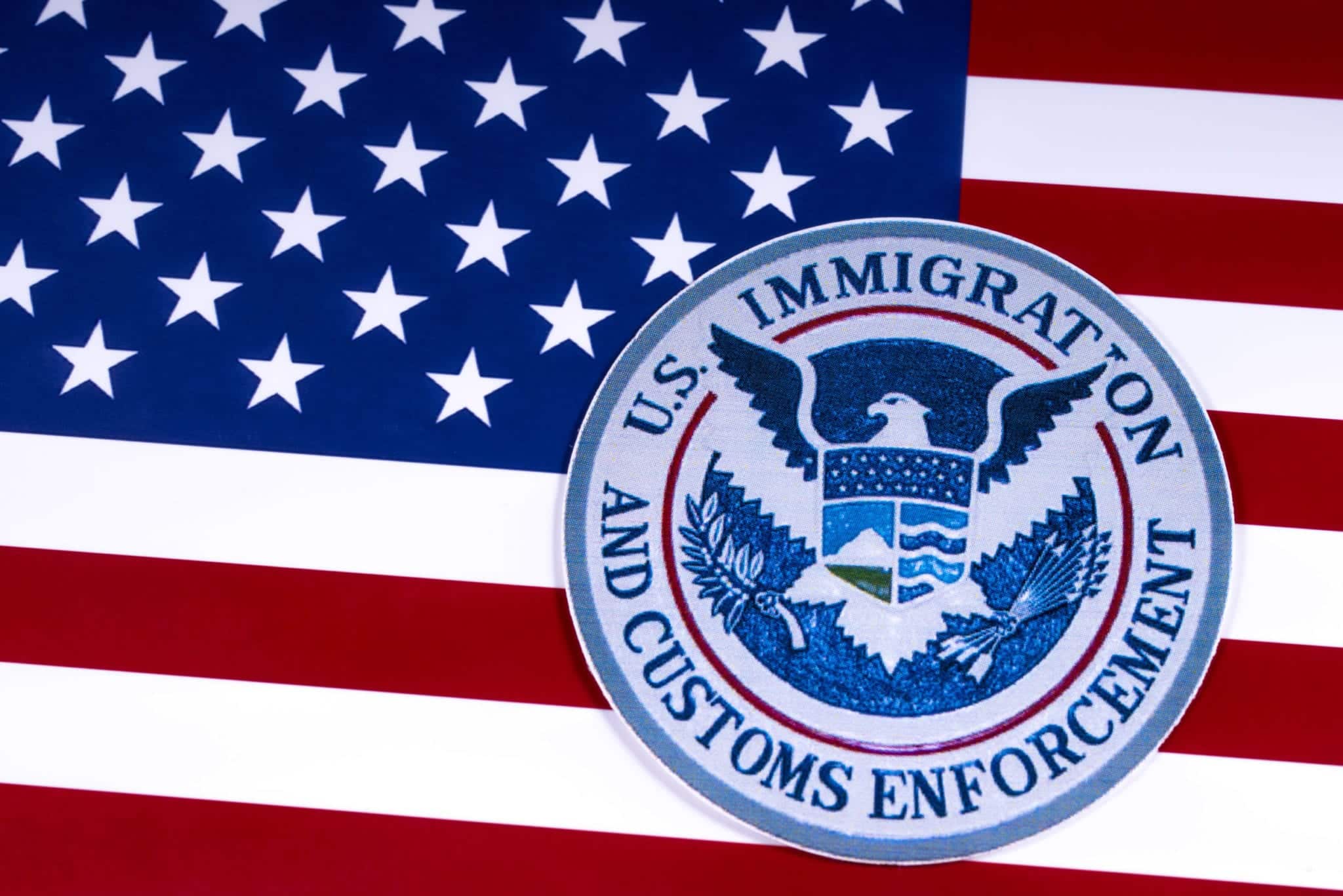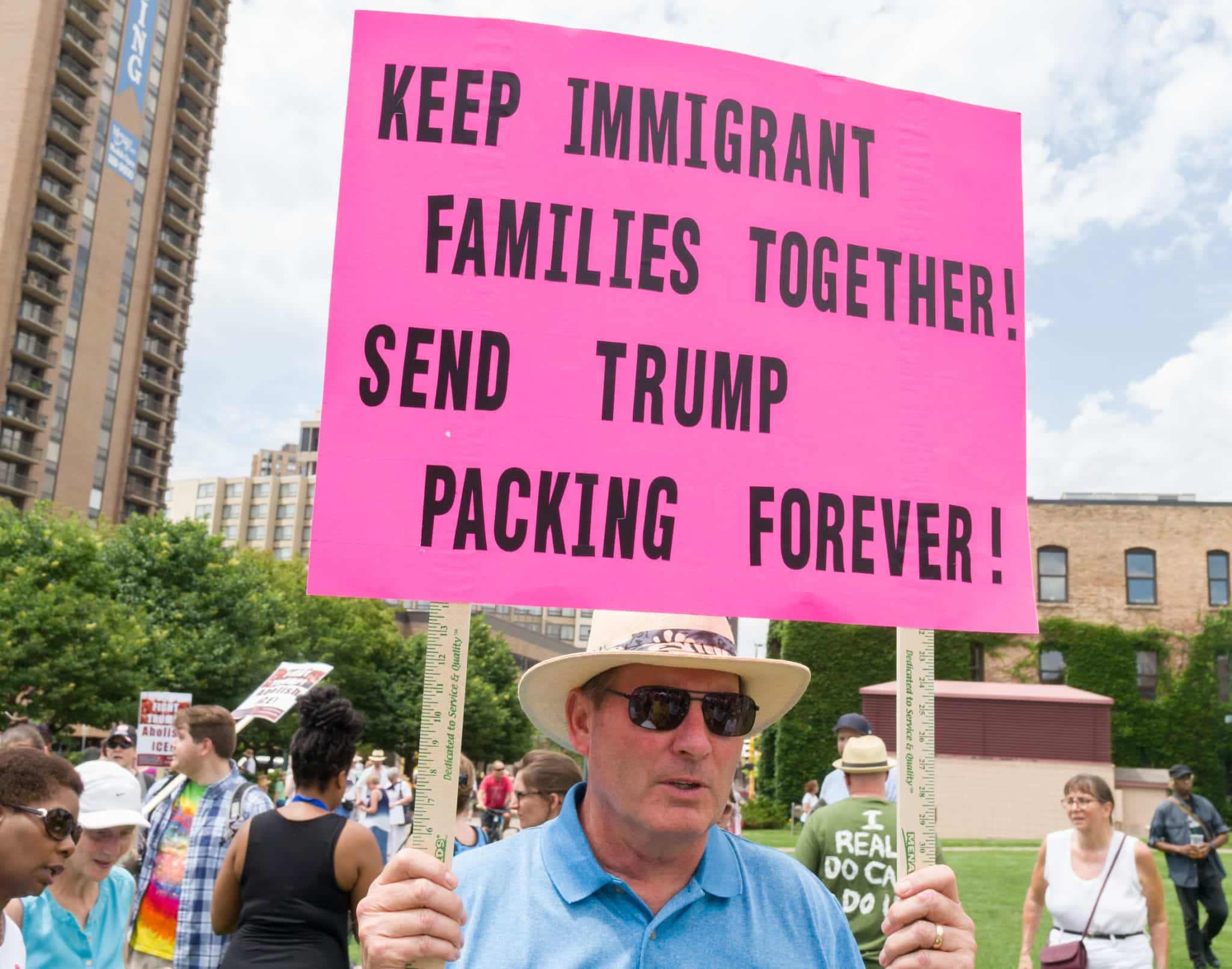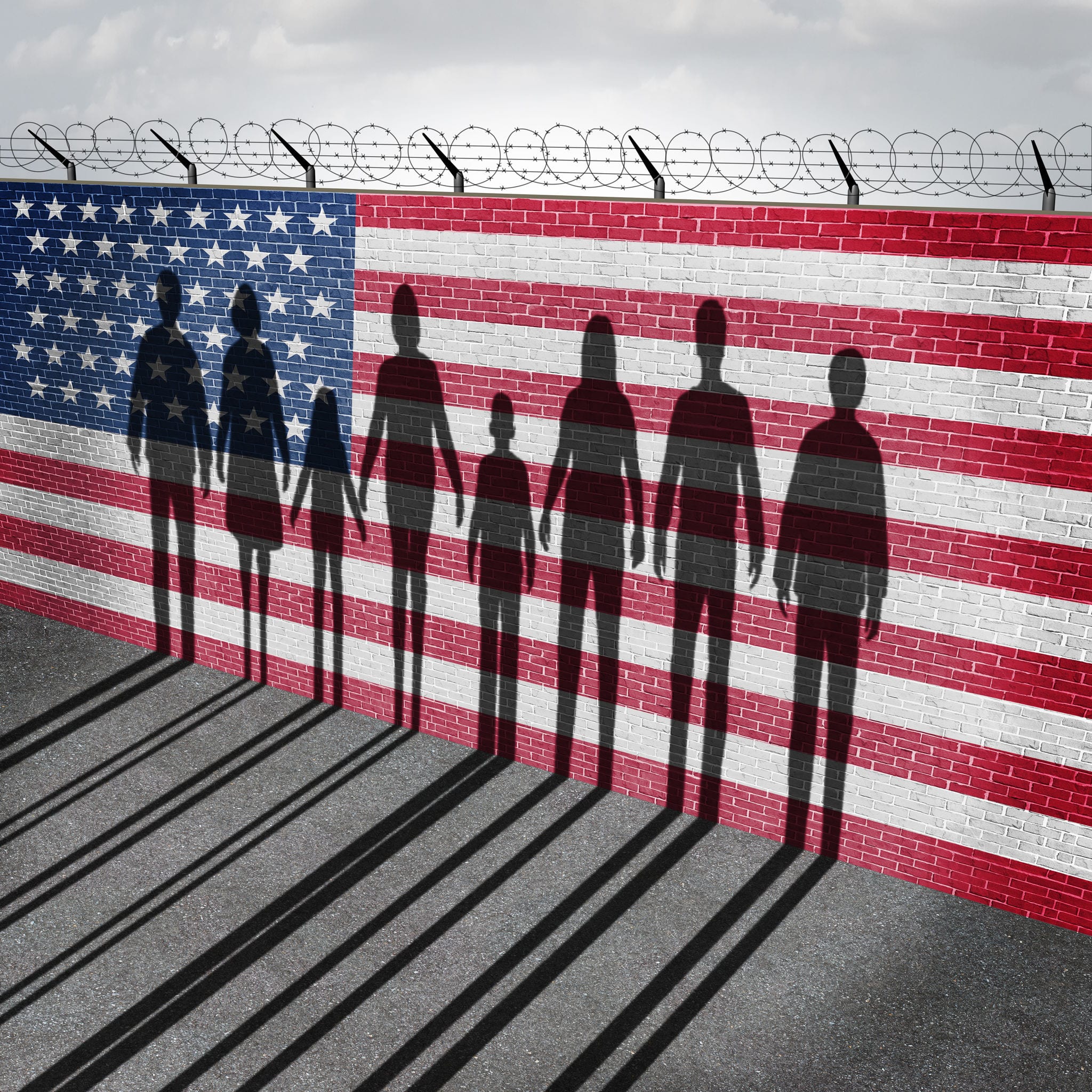Racist fears have been the underpinnings of President Trump’s zero-tolerance immigration policies. He has infected the social debate on this issue with the blatant lie that most of the undocumented persons entering the United States are dangerous criminals crossing the border to harm U.S. citizens.
The unexpected consequence of the President’s racist immigration policies, however, is that that the unprecedented rate of arrests and prosecution of undocumented immigrants have actually compromised efforts to deport convicted criminals. Despite dramatic increases in ICE arrests, this year’s annual report revealed that ICE arrested 600 fewer convicted criminals than in the previous year.
Is this a problem that lawmakers are working to fix?
Not so much.
Despite the fact that immigration crimes currently make up well over half of all federal criminal prosecutions in the US, recent criminal justice reform efforts have deliberately excluded immigrants.
What is going on?
In this post, we will delve deeper into both issues, covering immigration law as it currently stands.
Increased ICE Arrests of Immigrants…Except for Those with a Criminal History
During the Bush and Obama administrations, the US Immigrations and Customs Enforcement agency (ICE) prioritized prosecuting undocumented immigrants with serious criminal histories for deportation. In other words, ICE resources were directed at deporting individuals whose documented criminal history posed a potential risk for US citizens.
In contrast, detainment of undocumented immigrants not accused of other crimes was minimal. Immigrants who were apprehended at the border and others without a criminal history were generally not prosecuted. Instead, they were typically processed through deportation proceedings, which is a civil, rather than criminal, system.
Unfortunately, the Trump administration did away with these orders.
Under his zero-tolerance immigration policy, all non-US citizens – including asylum seekers – face criminal prosecution for undocumented entry into the U.S. This coupled with enhanced efforts to detain migrants, have increased ICE arrests exponentially.
However, rather than focusing on protecting U.S. citizens from dangerous criminals – the people who would be far more likely to pose a threat to the country – the increase in arrests has come in large part from families and people with no criminal histories. In fact, as mentioned above, ICE arrests of undocumented immigrants with a criminal history have actually decreased.
Zero Tolerance Immigration Policy Hurts Us All
Unfortunately, zero tolerance immigration policy does a disservice to the very people that the policies purport to protect – taxpaying US citizens.
How so?
Even if you don’t think this immigration policy is inhumane, look at how it’s impacting our systems:
- First, U.S. taxpayers are incurring the burden of a significant bill to prosecute and deport all of these extra people.
- Second, mandatory federal prosecution of undocumented immigrants has inundated the already-overcrowded federal court system with nonviolent offenders, making it unsustainable. Federal courthouses along the Southwest border are so overwhelmed with immigration cases that many have resorted to mass hearings where dozens of defendants are simultaneously convicted and sentenced. In some courts. These mass hearings are held twice per day.
- Third, ICE’s resources are seriously compromised by this effort. This means that ICE agents have less time and fewer resources to track down individuals with a criminal history, who, unsurprisingly, are often harder to catch.
In short, we’re paying more to deal with people who are less likely to be a problem… and preventing ICE – and our courts – from going after the genuine threats.
Does that sound like a good idea?
No.
And there’s one more big issue: due to zero tolerance policy, the number of federally incarcerated undocumented immigrants is projected to increase exponentially in a federal prison system that’s already overcrowded.
Criminal Justice Reform Bill Skips Immigrants
A big reason that federal prisons are overcrowded is because federal inmates are not eligible for parole. Generally speaking, if someone receives a prison sentence, they serve that entire sentence except for an annual 54 day goodtime reduction.
One way to alleviate the issue is through criminal justice reform, and lawmakers understand this. Recent bipartisan legislation has sought to implement more early-release programs for inmates serving lengthy sentences. Under this reform, certain inmates will be allowed to earn good-time credits, which could be put towards reducing prison sentences.
Inasmuch as 25% of federal inmates are undocumented immigrants, most of whom are nonviolent offenders, this would be huge benefit for them. Moreover, if a significant portion of them could get out of prison early, it would go a long way towards reducing the burden on the federal.
Great news, right?
Not quite.
Why?
Because the legislation specifically states that certain inmates, including undocumented immigrants, would be excluded from earning credits. They will continue to receive the 47 day annual goodtime benefit instead of the new annual 54-day benefit.
It’s difficult to say why legislation purportedly aimed at reducing mass incarceration deliberately excludes a significant proportion of federal inmates, most of whom – it bears repeating – are incarcerated for nonviolent offenses.
One thing is for sure: As bipartisan legislative efforts push towards meaningful criminal justice reform, it will be essential to consider the ways in which our current immigration policy contributes to mass incarceration and overburdened federal prisons.






